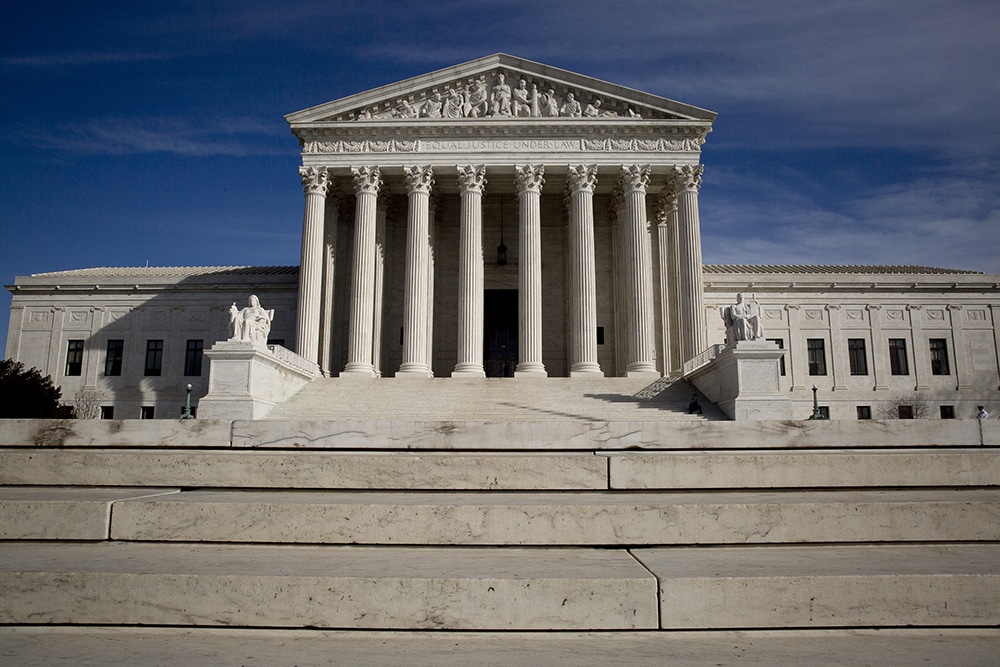 It will be another six months until we know the final story of 2020, and even longer still until we know the final story of the pandemic that we are muddling our way through, but what we do already know is that suffering is a large part of the narrative. As of mid-June, almost 8 million known cases worldwide have resulted in approximately 432,000 deaths, with 118,000 of those in the United States alone. That number, we know, too, does not account for all pandemic-related suffering.
It will be another six months until we know the final story of 2020, and even longer still until we know the final story of the pandemic that we are muddling our way through, but what we do already know is that suffering is a large part of the narrative. As of mid-June, almost 8 million known cases worldwide have resulted in approximately 432,000 deaths, with 118,000 of those in the United States alone. That number, we know, too, does not account for all pandemic-related suffering.
Many of those who, blessedly, have recovered from the illness still went through great suffering throughout. Those hospitalized with the disease were unable to be visited by family members. Those in the hospitals for other reasons also were on their own. Separation and isolation has caused emotional and mental suffering, the effects of which we are unlikely to know for some time. And of course, we suffered as a Church body for many weeks without public Masses and, for most of us, without reception of the Eucharist. That suffering continues for many who are uneasy about returning to public places, even with precautions in place.
As we have navigated the uncertainty of the past several months, many have made the case, including myself, that this can and should be a time of opportunity and grace, if we intentionally work at it. Developing a better understanding and acceptance of the Christian approach to suffering is one such prime opportunity.
That’s why I was especially interested in a recent virtual retreat talk on Christian suffering given by Cardinal George Pell, himself no stranger to suffering, to members of the Australian Catholic Students’ Association. Cardinal Pell, you will remember, was released from prison in early April after being falsely accused of clergy sexual abuse and unjustly incarcerated for more than 13 months.
Related reading: Cardinal Pell: Prayers, knowledge of innocence sustained him in prison
The cardinal urged students to reflect upon the Christian teaching of suffering, especially for those undergoing what he called “moments of extremity.” This type of reflection, he told the students, “helped me survive” in prison. And he offered five pieces of advice to the young people to help prepare them for, well, what’s to come in life. They include getting up at the same time every day; getting a fixed amount of sleep each night; eating regularly to maintain nourishment even when in a state of shock; not drinking alcohol to excess; and getting regular daily exercise.
“Good habits of mind and habits of practice encourage you in the right direction, whereas if you’ve been sloppy and ill-disciplined and selfish all your life, it makes it so much harder to rise to the challenge,” Cardinal Pell said, as reported by Australia’s The Catholic Weekly.
The cardinal was careful to say that though he had had a difficult time in prison, his suffering was not what it could have been.
“My ordeal was difficult and unpleasant,” he said, “but it was far from the worst. … My suffering was not like that, for example, of parents who have lost children.”
Which leads me to one more aspect of Christian suffering that the good cardinal didn’t mention but that he has lived out: humility. For even while undergoing trials, a humble heart wards off anger and resentment and enables one to align our sufferings with that of Our Lord.
Cardinal Pell has taken up the cross given to him and walked with it, without any outward bitterness or frustration. His sufferings, he said, were minor compared to those of others. And now he is using his negative experience to help others — in case of point, to help young people like those he was falsely accused of harming.
As we navigate what the rest of what 2020 has in store, may his example be a lesson for each of us.
Gretchen R. Crowe is editorial director for periodicals at OSV. Follow her on Twitter @GretchenOSV.






